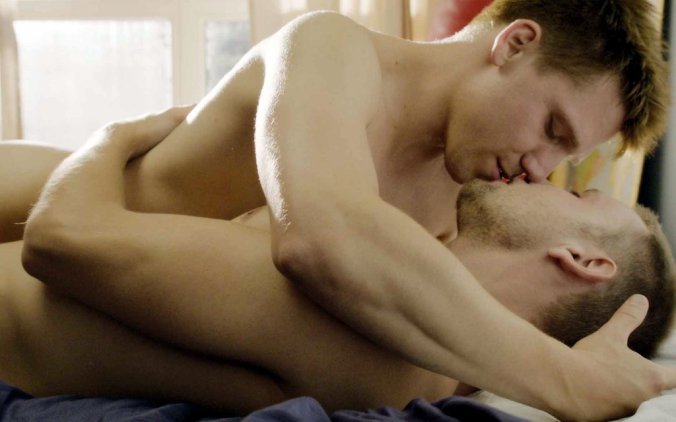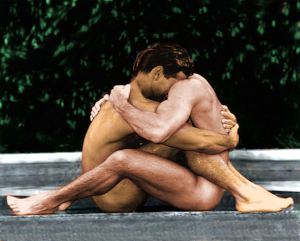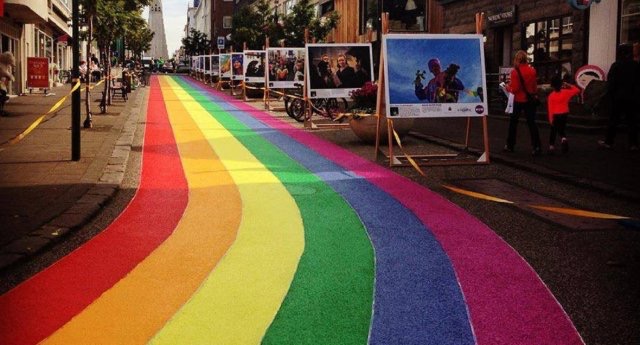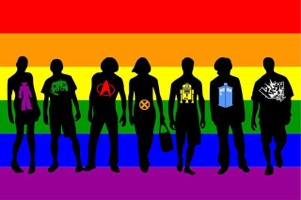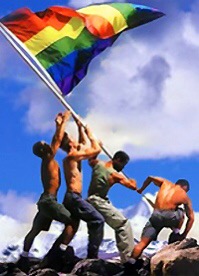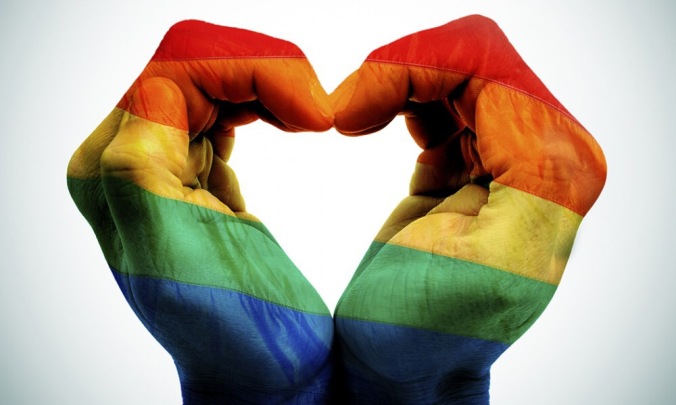I am not the biggest comic book nerd you can find…but I always have loved Marvel’s stories. Rather it was the Spider-Man and X-Men cartoons I use to watch as a kid, keeping up with early and modern movies, and even the video games, or yes even occasional comics I would read, Marvel’s stories have always inspired a lot in me and given me stories I can identify with. As many may of heard Stan Lee has joined the beloved Ancestor’s recently. As I am nearing the end of this academic semester and falling to a lot of stress and aspects of my own mental health are greatly stressed and come out more pronounced then usual…I oddly find myself revisiting the stories of my favorite childhood heroes seeking inspiration find a sense of resilience. I also reflect on what Stan Lee has given me and many like me, that nerdy kid who was always a bit of an outcast who found inspiration in the stories Stan helped create. So I want to write this blog to honor him and the many times (even today) where his stories inspire resilience, hope, meaning, and introspection in my life stories.
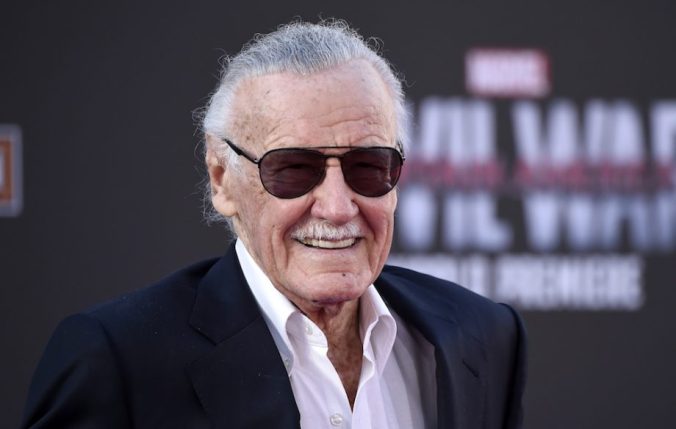
My two favorite Marvel narratives are without a doubt first and for most Spider-Man (I in fact have a Spider-Man movie on in the back ground while I write this) and secondly X-Men. Both of these stories always spoke to me from childhood to present. Spider-Man because I always felt like the nerdy kid who was bullied for being different and had a lot of early trauma in my life that I always struggled with as I grew up. I often struggle with the narratives many spider-man villains and heroes do in how their past traumas define them. Peter Parker had one guiding principle left to him by his dear uncle Ben: “With great power comes great responsibility.” Villains in Spider-Man stories are often motivated by past traumas like Electro in the Spider-Man movie I am watching now. Poor Max Dillian, felt alone, bullied, and unloved…all that turned into rage that he used to harm others. Spider-Man, while making plenty of mistakes, always strives to do what he feels is right and help others.
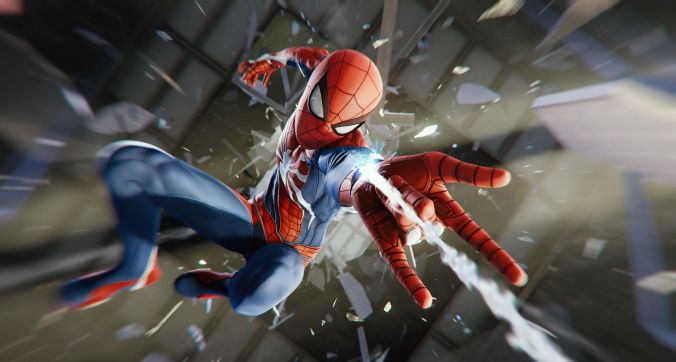
I think nerdy bullied kids often do have “gifts” others don’t appreciate. Because they are just different and like things that others often don’t, the unique skills and talents they bring to the table is often not appreciated and even at times are used to ridicule them. I know that was the case for me. While most of my peers wanted to play sports, I preferred reading books about abstract things, sciences, philosophy, and spirituality (particularly New Age and Pagan/Occult stuff). This often was something peers ridiculed me for. Not to mention the fact I didn’t fit masculine norms and was a closeted and in-denial gay kid. This on top of many traumas in my childhood that I do not wish to dive into deeply here…all contributed to feeling unloved, ostracized, and like who I was and what I had to offer was not important or valued. A story about a bullied teenager (and at times young adult depending on when you are in the series) who got special powers he could use to help or to harm after suffering the loss of both his parents and uncle due to murder…is a powerful story for me. Because he finds a way to take a unique skill and talent he has to do good things, while always struggling with the traumas of his past. The villains he fights sometimes also have traumatic pasts that motivate their actions. Diving into the world of spider-man was often an anchor for me. When I might feel hopeless or powerless, having a narrative that reflected themes I identified with helped me find some hope. It helped me have characters, terms, and themes I could explore that held meaning for the narrative of my life. Seeing the struggles of Peter Parker trying his best to do the right thing, struggling against villains while also dealing with the normal turmoil’s of everyday life was an anchor for me. To see I could at least conceptualize that my story is like the story of a hero…not unlike the story of the hero’s quest of Joseph Campbell[i]. It was just finding the right hero I identified with, and that reflected the values I considered to be important.
X-Men I always like especially given my narrative as a gay boy. Being gay often does feel like being a mutant. There are people who want to change you, villainize you, harm you, because something about you and a minority group of others like you, makes them uncomfortable. The theme of the X-men finding solidarity with each other in what makes them different, and building a brotherhood and sisterhood with each other became something deeply important to me as I matured in my gay identity. Like some mutants in the X-men universe, before they meet other mutants they feel isolated and alone, no one can understand, and everyone is out to get them. Then they finally find other’s like them and find safe space to flourish, develop the healthy relationships they always should have had an opportunity to find, and they fight for each other. Like the gay community and other Queer communities in general this is a common narrative. Also like the Gay world, different sub-communities have different philosophies about how they fight for themselves. While I definitely am not an advocate for violence I would probably have a similar anti-establishment radical new world order view of magneto, as opposed to the patient work with the system approach of professor X. I likewise have come across too radical amongst some of my own kind, while others embrace and feel just as strongly about a sense of gay brotherhood as I do.
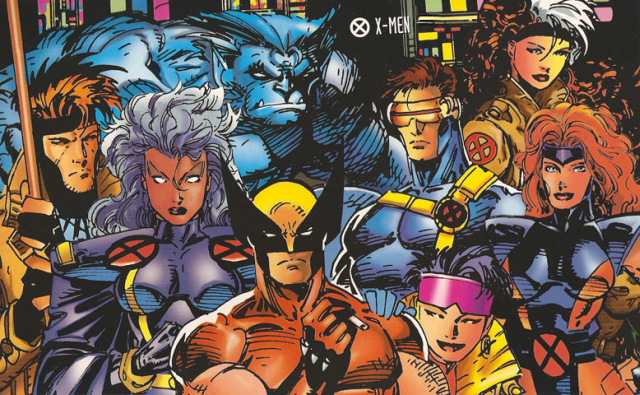
I often find myself revisiting these Marvel universes in some shape or manor in times of my life that I fall into deep depression, when my PTSD overwhelms me, when I begin to lose hope about the condition of my life. When I do I often do find a lot of hope, insight, and meaning that reflects my own narrative. The heroes of a marvel universal always hit a hopeless moment, a moment where their human imperfections get the best of them, and moments where they have to navigate difficult power struggles that seem hopeless…but ultimately they always try to do what they feel is the right thing while being human and perfectly imperfect in that process. Even when they hit their darkest moments, somehow they find something that gets them trough it.
Stan Lee helped to create a fictional universe that ultimately gave me a lot of hope and meaning. Just like ancient Bards, story tellers, and writers have always done. We all need our heroes…to model the hero’s journey we are walking. Stan Lee contributed to this in a way that was DEEPLY meaningful to me…so I honor him and his life’s work. He helped create something that has invaluably helped me in my life! Blessed Be Stan Lee, you’ll be one of many ancestors I will honor, venerate, and remember ❤
[i] http://www.sfcenter.ku.edu/Workshop-stuff/Joseph-Campbell-Hero-Journey.htm

